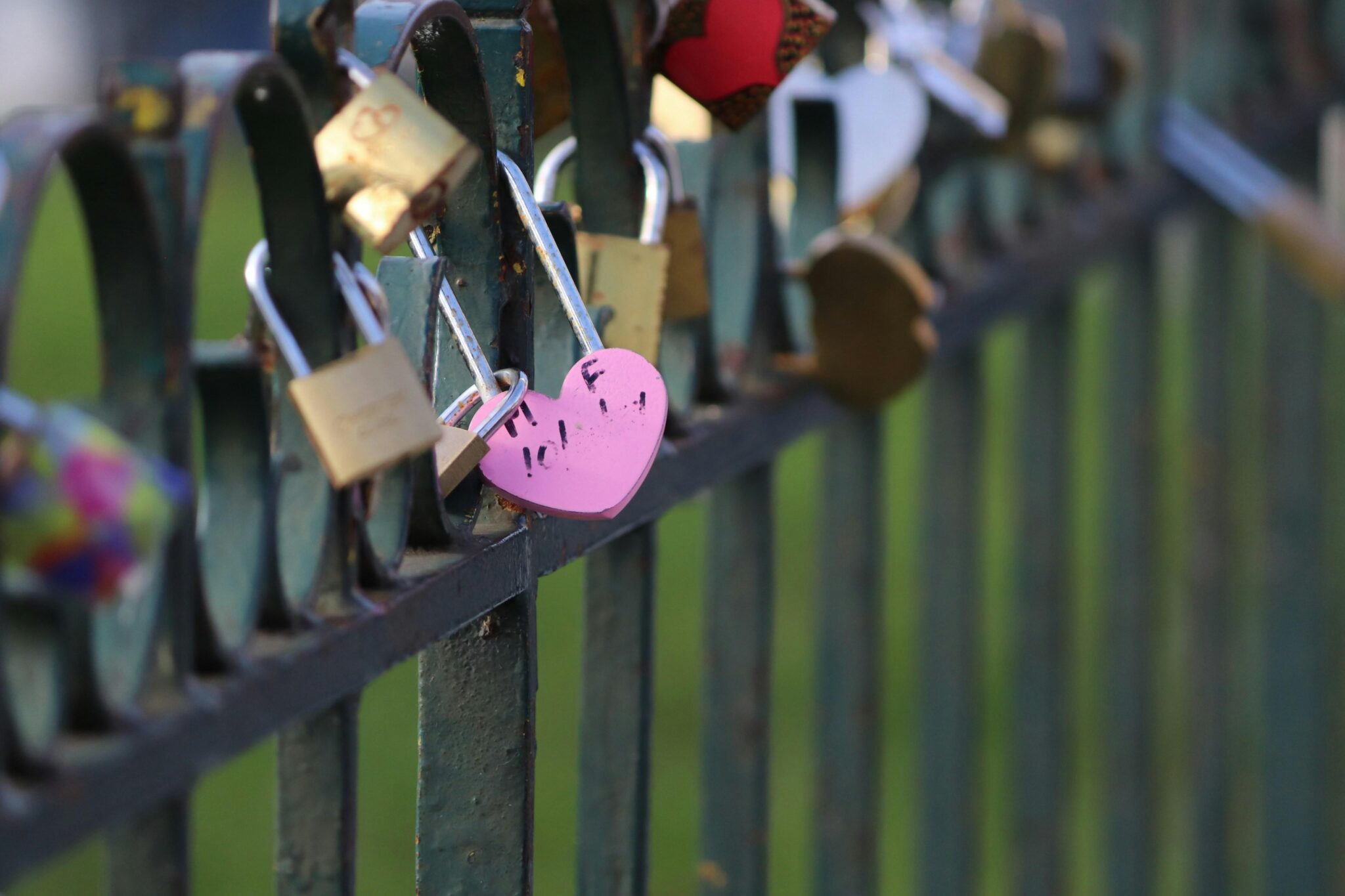In the heat of conflict, it’s easy to lose sight of the one thing that truly matters-your heart. When emotions run high and words are flung like daggers, protecting your inner peace can feel like an impossible feat. But maintaining boundaries isn’t just about keeping others at arm’s length; it’s about honoring your own emotional well-being, recognizing your limits, and creating a safe space where healing can begin. In this article, we’ll explore the delicate art of guarding your heart amidst conflict, because sometimes the strongest thing you can do is say, “Enough. I choose peace.”
Understanding Emotional Boundaries and Their Role in Heart Health
Emotional boundaries act as invisible shields, safeguarding our inner peace from the storm of conflict and external pressures. When these boundaries blur or break, stress seeps in, triggering a cascade of physiological responses that strain the heart. Understanding where to draw the line emotionally is not just about self-preservation; it’s a vital act of love for your heart’s well-being. Boundaries help you recognize your limits and empower you to say no without guilt, reducing the risk of emotional exhaustion that can contribute to heart disease.
Maintaining clear emotional boundaries benefits your heart by:
- Lowering stress hormones: Minimizing anxiety reduces cortisol levels, which, when elevated, can increase blood pressure and heart rate.
- Enhancing resilience: Protecting your emotional energy helps you recover faster after conflicts or tense situations.
- Improving relationships: Setting clear expectations fosters healthier interactions, preventing chronic resentment and emotional strain.
When you honor your emotional boundaries, you fortify your heart, turning vulnerability into strength and conflict into an opportunity for growth.
Recognizing Toxic Patterns That Drain Your Emotional Energy
It’s all too easy to get caught in a cycle where your emotional resources feel constantly depleted, leaving you overwhelmed and uncertain. These draining interactions often arise from patterns of behavior that silently erode your peace. For instance, persistent criticism, manipulation disguised as concern, or conversations that repeatedly revisit unresolved issues can sap your energy without you even noticing. Recognizing these subtle signals is the first step toward reclaiming your emotional well-being.
When you start to identify these harmful dynamics, pay attention to:
- How you feel during and after interactions – do you feel anxious, resentful, or exhausted?
- Repeated cycles of conflict that never lead to resolution but only deepen frustration.
- Withholding of support or affection that leaves you doubting your worth.
By tuning into these emotional cues, you empower yourself to set clearer boundaries. Remember, protecting your heart is an act of self-love, not selfishness.
Practical Steps to Assertively Maintain Boundaries During Conflict
When emotions escalate, it’s easy to lose sight of your own needs in the chaos of conflict. Start by grounding yourself with clear, calm communication-use “I” statements to express how you feel without blaming the other person. This not only protects your emotional space but invites understanding instead of defensiveness. Remember, it’s okay to pause the conversation if things get overheated. Taking a breath or requesting a break shows strength, not weakness, allowing both sides to cool down and approach the discussion with more clarity and respect.
- Set clear limits on what topics you are willing to discuss in that moment, avoiding rehashing past grievances that cloud the present dialogue.
- Use physical boundaries like stepping back or changing seating arrangements to maintain your sense of control.
- Trust your intuition-if a boundary feels necessary for your well-being, honor it unapologetically.
Maintaining boundaries isn’t about shutting others out, but about protecting the sacred space where your heart can heal and grow even amidst disagreement. By actively listening while firmly holding your ground, you create a powerful balance between empathy and self-respect. Conflict then transforms from a battlefield to a learning ground, where both parties can emerge with a deeper connection and mutual understanding.
Healing and Self-Care Practices to Reclaim Your Inner Peace
In the whirlwind of conflict, finding stillness within becomes an act of courage. Embracing rituals that soothe the soul can help rebuild the fragile sanctuary of your heart. Consider integrating mindful breathing exercises into your daily routine, allowing each inhale to wash away tension and each exhale to release lingering pain. Journaling offers a sacred space where emotions flow freely, uncovering hidden wounds in need of gentle attention. Remember, healing is not linear-celebrate the small victories, those moments when your spirit whispers hope amidst the chaos.
Self-care transforms from a luxury into a lifeline when boundaries are tested. Nourishing your body and mind creates the foundation for resilience. Simple yet profound acts such as:
- Taking quiet nature walks to reconnect with your inner calm
- Setting aside technology-free time to cultivate presence
- Engaging in creative outlets like painting, music, or dance
- Practicing compassionate self-talk reflecting kindness and forgiveness
These practices serve as reminders that reclaiming inner peace starts with honoring your needs first. When you protect your heart through mindful self-care, you cultivate a fortress impossible to breach by external turmoil.
The Conclusion
At the end of the day, protecting your heart isn’t about building walls to shut others out-it’s about creating safe spaces where your well-being can thrive, even amidst conflict. Setting and maintaining boundaries is a radical act of self-love, a way of telling yourself, “I matter, and my peace matters.” So, as you navigate the storms of disagreement, remember to honor your heart by standing firm in your boundaries. Because in doing so, you’re not only preserving your emotional health-you’re giving yourself the freedom to heal, grow, and love more deeply. Your heart deserves that kind of protection.















